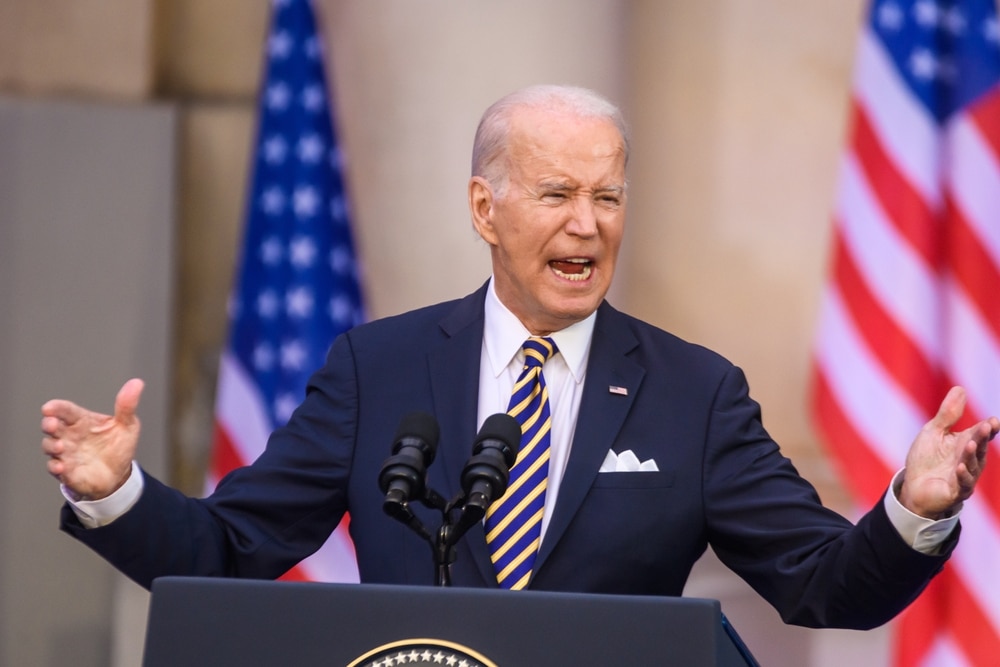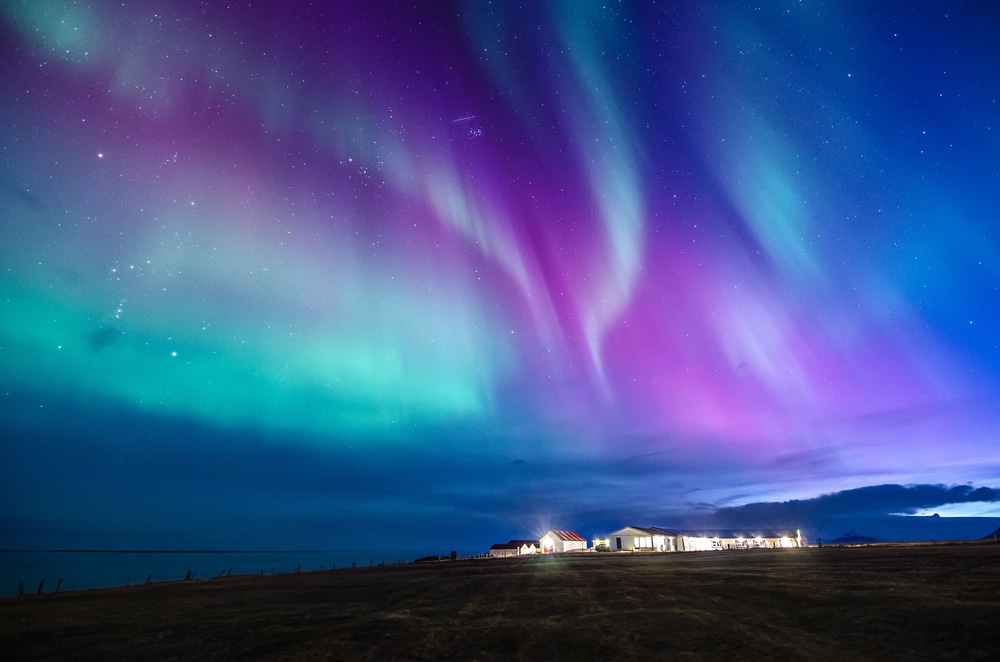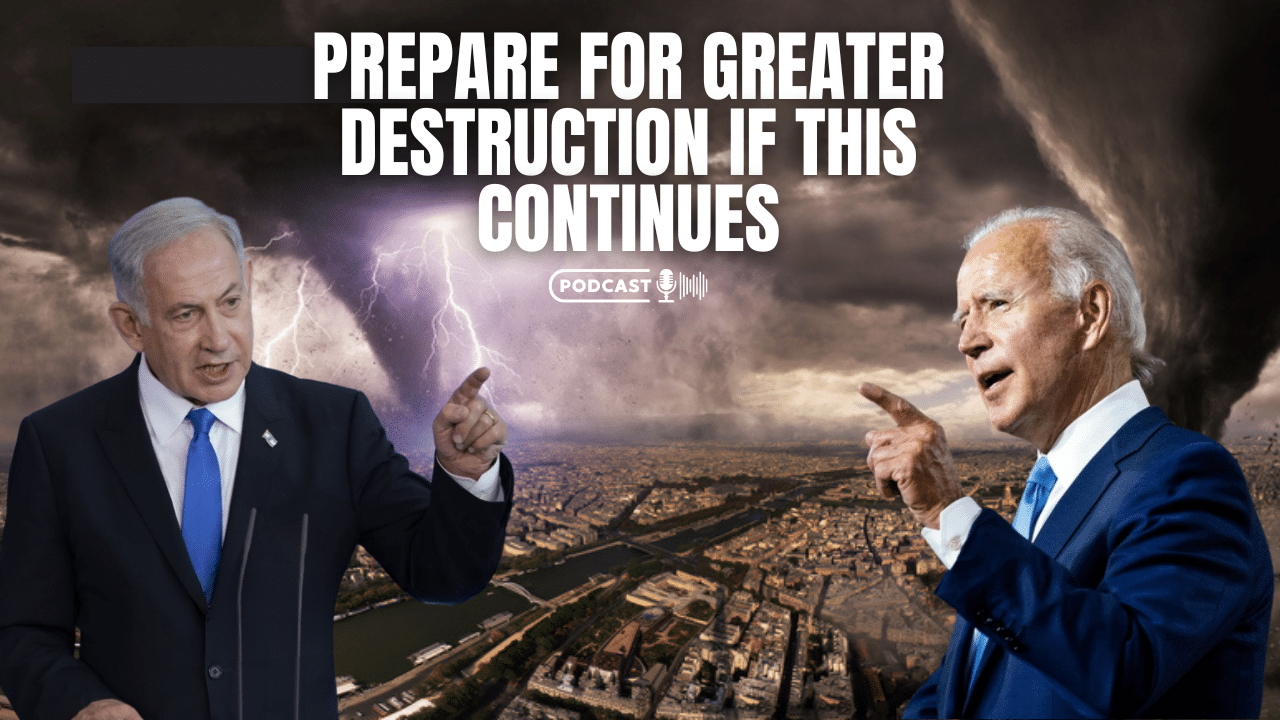(OPINION) Last week, the U.N.’s Independent Expert on sexual orientation and gender identity, Victor Madrigal-Borloz, presented a report to the 53rd Session of the U.N. Human Rights Council arguing that religious freedom is “not incompatible with equality for LGBT persons.”
However, by reading Madrigal-Borloz’s report, it appears that his understanding of “compatibility” means that long-held religious beliefs and traditions must be subservient to the LGBT ideology.
In his remarks, Madrigal-Borloz stated: “Paying attention to the voices and practices of inclusive communities can help to shift narratives claiming that the exercise of freedom of religion or belief is incompatible with the equal enjoyment of human rights by LGBT persons.”
His report was received warmly by many of the member states whose diplomats were present in the room. Yet, Human Rights Council members should beware of the blatant violations of religious freedom that Madrigal-Borloz’s report is promoting.
The core idea of the report is deeply concerning: that religious communities and LGBT ideology would not come into conflict if only religious communities would interpret their own doctrine correctly. Madrigal-Borloz put it this way:
“In some cases, religious narratives have been deliberately used to justify violence and discrimination — often in defiance of the doctrine of those faiths, and also beyond the scope of the right freedom of religion or belief.”
So, now if we hold to biblical truth, we are apparently just misinterpreting our own doctrines. He insinuates that religious believers who do not embrace the LGBT ideology are misinterpreting their own religion.
It is the height of arrogance for a U.N. expert to suggest that his interpretation — informed by the LGBT activist groups who submitted comments for his report — understands the teachings of major world religions better than their own religious leaders or the thousands of years of tradition that often inform their beliefs.
This sows seeds of divisions inside religious communities, pitting so-called “LGBT-affirming” religious adherents against those who hold to a more traditional understanding of their religious texts and doctrines.
The report goes further in a section on “hate speech and incitement,” citing submissions from activist organizations that “expressed concern about interpretations of religious doctrines that place homosexuality and gender nonconformity within a discourse of immorality and sin, describing the power that such discourse can have on the social acceptance of LGBT people, particularly when propagated by religious and belief leaders.”
Madrigal-Borloz not only haphazardly perpetrates the idea that religious groups are interpreting their own religions incorrectly, but also that articulating their understanding of sin can be considered hate speech or even incitement to violence.
The report bemoans laws that affirm natural marriage and family structures. In one instance, it criticizes Hungary for having “passed a law that effectively banned adoption by same-sex couples, applying a strict Christian conservative viewpoint to the legal definition of a family.”
Yet, this is not simply a “strict Christian conservative” viewpoint; it is one that affirms natural law and biological reality. Painting this as an extreme Christian position ignores the thousands of years of human history that recognized natural family structures, including those that were not shaped by Christian ideas.
As if anticipating this argument, the report goes on to state, “The concept of a ‘natural’ order as the guiding principle of human and social existence is also present in conservative doctrine.” This is a laughable attempt to make basic reality seem evil or scary. The word “natural” does not deserve scare quotes — it should be accepted and respected.
In an obvious attack on religious freedom, the report openly takes aim at religious exemptions. For example, it notes that in some countries, “including the United States and Australia, government-funded foster care and adoption agencies can reject prospective families based on sexual orientation, gender identity, and faith.”
The report rejects the idea that religious institutions should have any autonomy regarding their internal policies, arguing that this could hinder “diversity-oriented education, comprehensive sexuality education, and gender equality.”
The report cites unspecified “obligations” under international human rights law to “ensure that LGBT consumers are not discriminated against.”
It quoted the U.N. Special Rapporteur on freedom of religion or belief, who said, “It is not permissible for individuals or groups to invoke ‘religious liberty’ to perpetuate discrimination against … lesbian, gay, bisexual, trans and intersex persons, when it comes to the provision of goods or services in the public sphere.”
The report specifically alludes to incidents in the U.S. where wedding vendors were asked to create a unique product for same-sex marriages, which went against their religious conviction.


















